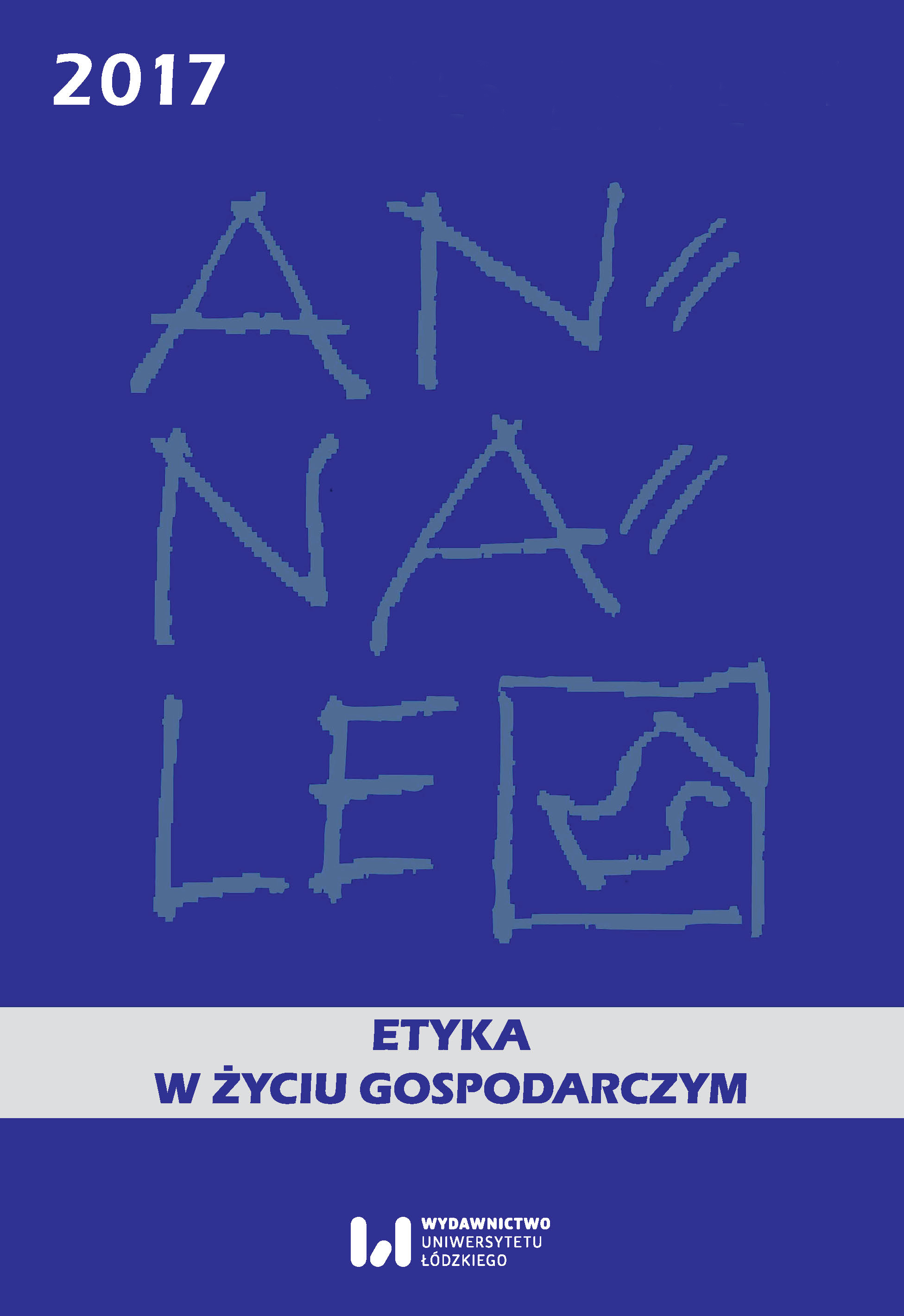Ethics, Uncertainty, and Macroeconomics
Ethics, Uncertainty, and Macroeconomics
Author(s): Mariusz MaziarzSubject(s): Ethics / Practical Philosophy, Socio-Economic Research
Published by: Wydawnictwo Uniwersytetu Łódzkiego
Keywords: uncertainty;monetary policy;fiscal policy;recession;macroeconomics;
Summary/Abstract: In this article, I focus on the difference in moral judgment of macroeconomic interventions between the deterministic world of a thought experiment and the uncertain reality. The macroeconomic theory coined by Keynes is, in its most popular reading, deterministic and justifies interventionism. However, incorporating uncertainty into the analysis leads to the contrary result. Namely, if economic output is a random process, such as Gaussian white noise or a stochastic Markov chain, then intervening can bring either economic recovery or inflationary pressure and a next bubble. In the trolley‑problem philosophy, the one who pulls the lever instead of the trolley itself is believed to be guilty of the death of an innocent passer‑by standing on the side track. Similarly, if the Federal Reserve decided to intervene and failed (causing a bubble on the house market, instantiating), their monetary policy can be said to be a cause of the financial crisis. Therefore, governments should refrain from interventions.
Journal: Annales. Etyka w Życiu Gospodarczym
- Issue Year: 20/2017
- Issue No: 4
- Page Range: 51-63
- Page Count: 13
- Language: English

